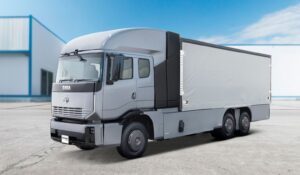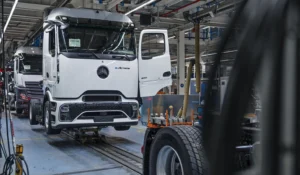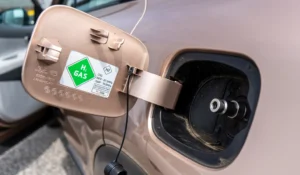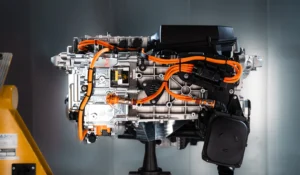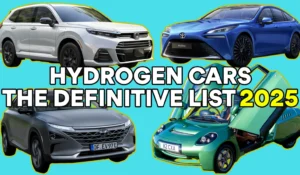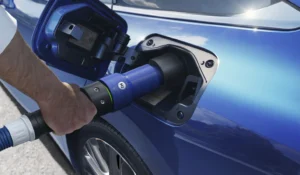HVS on the brink: Pivots from truck manufacturing to tech licensing amid financial turmoil
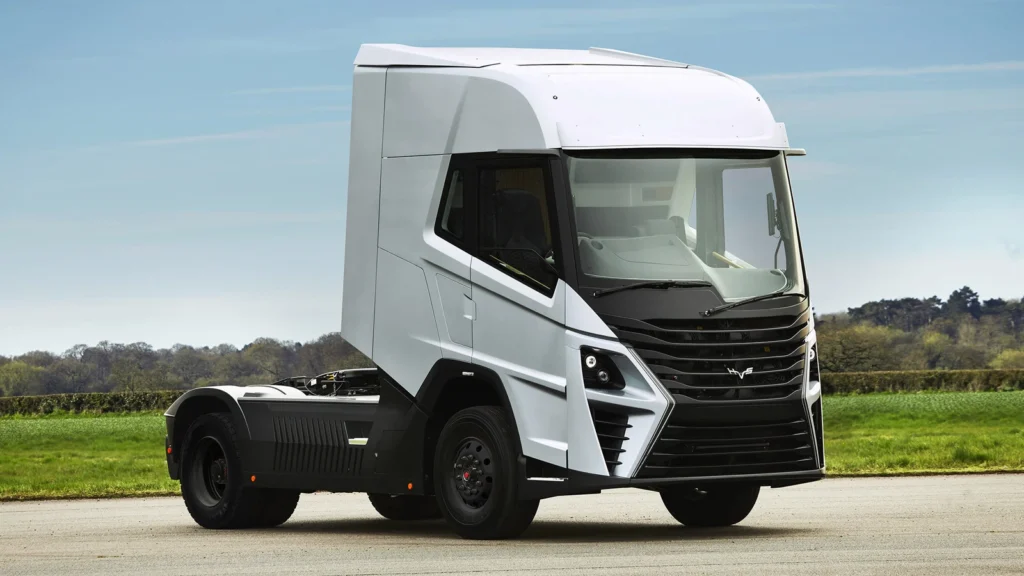
Glasgow-based Hydrogen Vehicle Systems (HVS) finds itself at a critical juncture after a series of strategic and financial missteps left the company on the verge of collapse.
Once focused on building hydrogen-powered heavy goods vehicles (HGVs), HVS is now abandoning in-house manufacturing to license its hydrogen propulsion systems and AI-driven emissions-reduction technology instead.
Financial strains and urgent capital needs
Under the renewed leadership of Founder and CEO Abdul Waheed, HVS concedes it has reached a tipping point:
- Mounting debt: The company reports approximately £7 million owed to suppliers and an additional £1.4 million creditor demand, placing it under intense legal pressure.
- Short-term lifeline: It urgently seeks at least £700,000 to stave off legal action, while planning a £10 million raise to settle debt and fund future operations.
- Partial relief: Euro Garages (EG) – one of HVS’s main backers – has written off £25 million in debt, and Qatar’s Excelledia Ventures Group recently contributed £1 million in bridge funding to support HVS’s listing on the JP Jenkins share trading platform.
Despite these measures, Waheed stresses that HVS will require further investment – potentially from Barclays Climate Ventures – to secure a sustainable path forward.
From manufacturing to licensing
The pivot comes after HVS developed four hydrogen truck prototypes with significant private and government funding but struggled to reach the capital scale required for commercial vehicle manufacturing.
The new direction centres on two core technologies:
- Hydrogen propulsion system – Engineered to power HGVs but now intended for licensing to established manufacturers capable of volume production.
- AI-SEMAS™ emissions reduction tech – A patented “black box” software solution designed to cut fuel use and emissions in diesel trucks. HVS cites potential savings of up to £2,500 per truck annually and a reduction of around 5 tonnes of CO₂ per vehicle each year.
By pivoting to a technology-based revenue model, HVS hopes to leverage the manufacturing infrastructure of larger OEMs, avoiding the extreme costs associated with setting up and running its own production lines.
Misjudged strategy and sector-wide challenges
HVS’s difficulties mirror the notorious challenges faced by new entrants in the automotive sector. Costs can spiral quickly for any startup attempting to move from prototype to series production, regardless of the underlying powertrain.
Several other zero emissions vehicles ventures – including Tevva, Hyzon, Quantron, and Arrival – have also ceased trading or faced restructuring in the past year, suggesting that timing, strategy, and – most importantly – capital availability are as critical as the technology itself.
In HVS’s case, insiders point to a missed warning from Barclays hydrogen investment expert, Otto van Reijendam, who had advised generating revenue through technology licensing rather than pursuing full-scale manufacturing.
That advice was reportedly overlooked, contributing to the financial strain now gripping the company.
Spanish OEM discussions and other prospects
Despite the turmoil, HVS says it is engaged in discussions to license its hydrogen propulsion system to a “Chinese owned Spanish automotive OEM”.
While these talks remain at a preliminary stage, the company views potential partnerships in Europe as a key revenue stream – particularly as Spain and other EU nations ramp up investments in low-carbon transport.
Additionally, HVS is exploring licensing opportunities with Indian partners, where more flexible regulatory conditions may allow faster adoption of AI-SEMAS™ for existing diesel fleets.
Barclays Climate Ventures: A potential investor
Previous leadership at HVS never formally approached Barclays, focusing instead on larger funding targets – up to £80 million for manufacturing – which fell well beyond the scope of Barclays’ climate tech investments.
Waheed’s revised plan is more modest, seeking £10 million in a deal he believes would align with the bank’s £500 million Sustainable Impact Capital programme.
Of that:
- £7 million would go to clearing supply-chain debt
- £3 million would fund operating costs and further technology development
HVS has also expressed interest in tapping additional pools of capital, including the Qatar-UK Climate Tech Fund and the European Innovation Council, depending on how discussions progress.
Path ahead
Even if HVS secures the funding it needs, the success of its pivot will likely hinge on closing licensing agreements quickly.
Waheed notes ongoing talks with potential partners in Europe, bolstered by sizable clean-transport initiatives across the EU, as well as in India, where more flexible regulatory conditions may allow faster rollout of retrofits and new technology.
HVS’s inclusion in PwC’s forthcoming “Net Zero Future50” report signals some investor confidence in the company’s technology portfolio, but the coming months will be decisive in determining whether HVS can regain stable footing.
For now, the firm remains determined to demonstrate that its hydrogen and AI-based solutions can thrive when freed from the high-cost burden of manufacturing entire vehicles.

